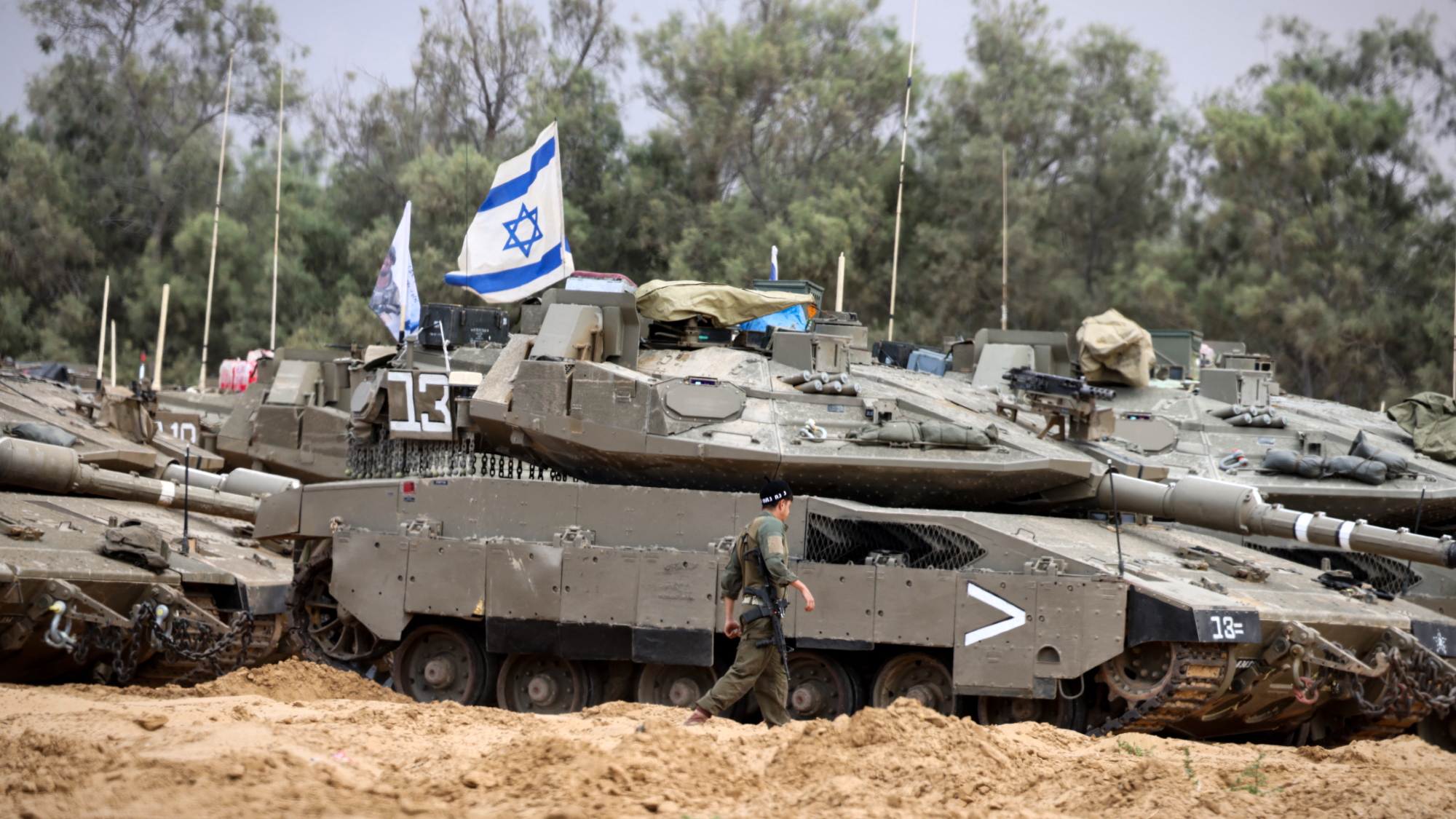Escalation in Gaza: Understanding the Latest Developments
What Happened
Israeli Prime Minister Benjamin Netanyahu announced on Monday that his security cabinet has agreed to escalate military operations in Gaza significantly. This marks an intensification of an ongoing conflict that has persisted for 19 months. Netanyahu indicated that Israel is poised for a "forceful entry" into Gaza, with an aim of establishing indefinite occupation to eliminate Hamas. Compounding this military strategy, the cabinet decided to create food distribution "hubs" protected by U.S. contractors, potentially lifting a two-month blockade that had impeded humanitarian aid into the region.
Military Plans and Civilian Impacts
Under the new strategy, Netanyahu’s government plans to mobilize 70,000 reservists. The overarching objective: a comprehensive takeover of Gaza, which is home to approximately two million residents. The plan reportedly includes flattening remaining structures and relocating a vast majority of the population into a designated "humanitarian area." This strategy aligns with Netanyahu’s hardline approach, supported by his far-right allies who suggest the initiative could lead to a permanent annexation of Gaza.
However, significant public dissent exists. The Hostage Families Forum, representing families of captives held by Hamas, has publicly criticized the government’s approach, arguing that it prioritizes territory over human lives. In a striking statistic, over 70% of the Israeli public reportedly opposes a major military operation in Gaza, expressing a preference for a negotiated peace deal that considers both the hostages and the broader humanitarian crisis.
The Role of International Relations
The geopolitical landscape further complicates the situation in Gaza. President Donald Trump’s administration appears to seek a resolution to the conflict before his upcoming visit to the Middle East. According to sources familiar with White House discussions, Trump is keen on avoiding the label of failure concerning a situation that he had previously vowed to resolve. The urgency of this diplomatic effort is amplified by the potential implications it has on U.S. relations with Gulf Arab countries, where Trump’s success is partly contingent on addressing the ongoing unrest in Gaza.
Broader Context and Implications
The current escalation in Gaza is not just a military strategy but a reflection of deeper societal and political divides within Israel itself. As opinions clash between military action and diplomatic negotiations, the Israeli government’s approach could have lasting consequences for the region’s stability. The escalating conflict and potential humanitarian crisis raise critical questions about the ethical implications of military intervention and the long-term viability of any peace agreements.
This unfolding situation in Gaza continues to capture international attention, with ramifications that extend well beyond its borders.


